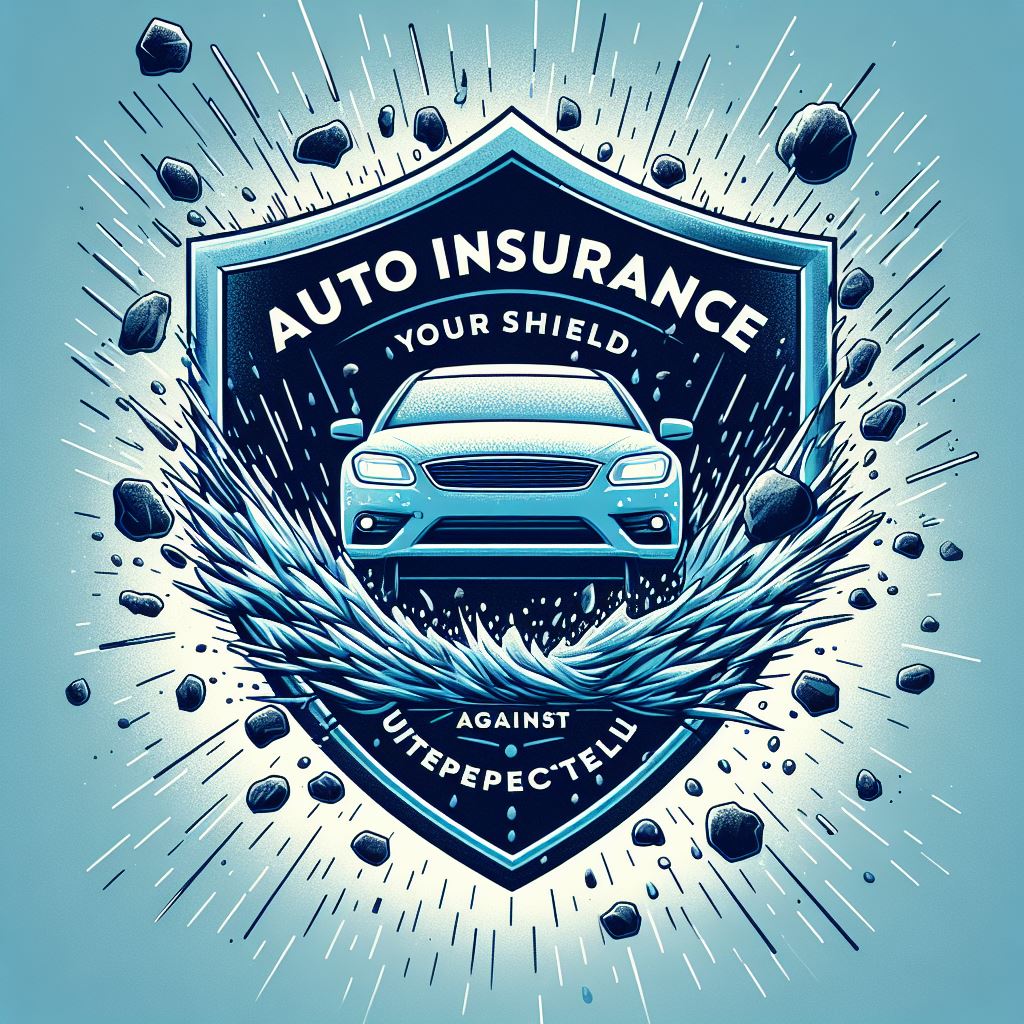
Can I transfer my out-of-state car insurance in milwaukee?
Transferring out-of-state car insurance to Milwaukee involves navigating specific regulations and procedures to ensure compliance with local laws. If you're relocating to Milwaukee from another state, it's essential to understand how to transfer your car insurance to comply with Wisconsin's requirements.
Wisconsin law mandates that all drivers carry minimum liability car insurance quotes milwaukee coverage to operate a vehicle legally. While each state sets its own insurance requirements, transitioning your out-of-state policy to Wisconsin typically involves contacting your insurance provider and informing them of your relocation. Most insurance companies have processes in place for such transfers, often requiring you to update your policy information with your new address.
Before initiating the transfer process, it's advisable to review your existing policy to ensure it meets or exceeds Wisconsin's minimum coverage requirements. In Milwaukee, drivers must carry liability insurance with at least $25,000 bodily injury coverage per person, $50,000 bodily injury coverage per accident, and $10,000 property damage coverage.
Upon notifying your insurance provider of your move, they may assist you in adjusting your policy to meet Wisconsin's standards. However, if your current coverage falls short of Wisconsin's requirements, you may need to modify your policy or seek a new insurance plan altogether.